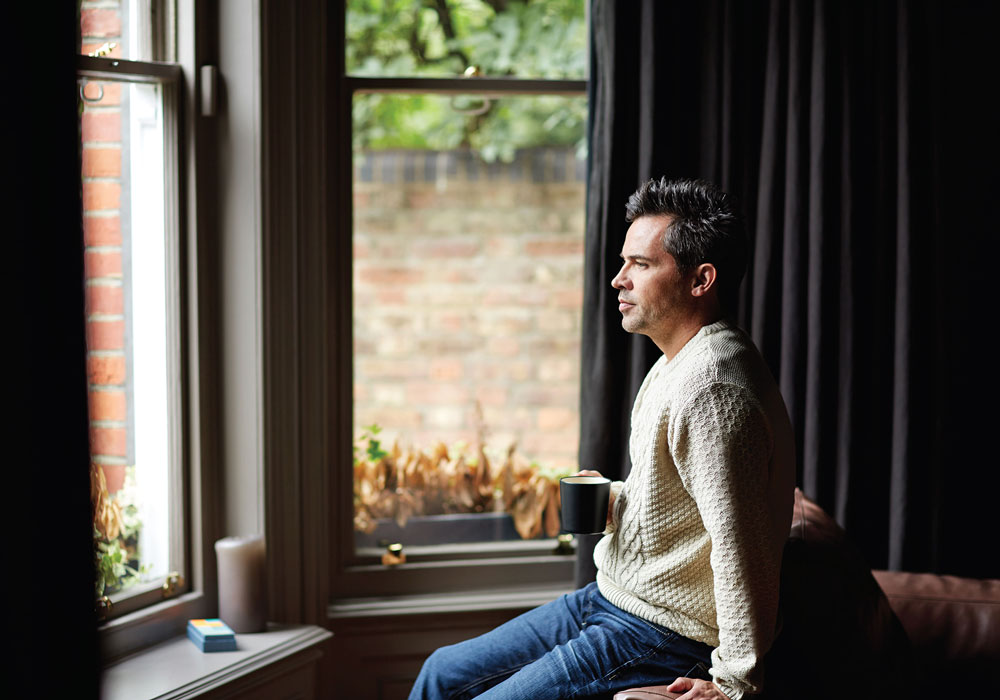By Wendy Garvin Mayo, APRN, ANP-BC
Cancer caregivers are silent and sometimes forgotten victims of the COVID-19 coronavirus pandemic. Its impact on patients with cancer and healthcare providers is widely discussed, but it also affects caregiver responsibilities and burden:
- Managing treatment delays and canceled procedures
- Trying to support patients without being able to attend in-person appointments with them
- Navigating virtual visits and telehealth
- Learning new care procedures when more care transitioned to the home
Studies have shown that the increased responsibilities added layers of anxiety and stress for caregivers, particularly those who live at a distance from patients with cancer. Even prior to COVID-19, 50% of cancer caregivers reported caregiving-related stress and 43% wanted help to manage patients’ physical and emotional demands.
For example, one distant caregiver felt unimportant despite her large role in her mother’s daily care, another attested to feelings of being the missing puzzle piece despite not being included in treatment conversations, and two caregivers revealed that they felt forgotten when their loved one transitioned to hospice. Many caregivers experience grief, fear, depression, and uncertainty.
Recognizing the Need for Support
Some cancer caregivers know they need to ask for help, but others may think they’re doing okay on their own or don’t understand that their needs matter, too. Support helps alleviate fear, uncertainty, and financial strain and is critical for anyone navigating the cancer journey—patients and caregivers alike.
Oncology nurses must be diligent in assessing caregivers’ mental and physical stress during all three stages of the cancer journey: at the time of their loved one’s diagnosis, periodically throughout the treatment phase, and when their loved one passes away. Simple methods, such as PEAR (Pause-Engage-Assess-Refer), can complement the internal and external resources provided by oncology healthcare providers to assess and support cancer caregivers.
I Know, Because It Affected My Own Family
The importance of the cancer caregiver role was magnified in my personal life when my aunt was diagnosed with a glioblastoma and passed away in 2014. I witnessed how my other aunts shifted from the role of sisters to caregivers. They required support at all times during the process—diagnosis, treatment, transition to hospice, and after my aunt’s death. My personal and professional experiences combined with the pandemic motivated me to start SHAPE Partners, which allows me to empower cancer caregivers, family members, and friends to optimize their health and wellness through partnership, advocacy, coaching, and education.
A cancer diagnosis affects the entire family and exacts significant mental and physical strain on cancer caregivers. The continuous support they require most easily comes from the patient and their personal networks, but supplementing that system with institutional and external resources and community partners can actively help caregivers manage that physical and emotional stress.
Cancer caregivers are essential members of the healthcare team. However, they may function below optimal levels because of real feelings of being overlooked, overwhelmed, and underappreciated. Supporting them by normalizing regular mental and physical wellness assessments while also standardizing referrals to internal and external resources will ultimately improve their overall caregiver journey.






